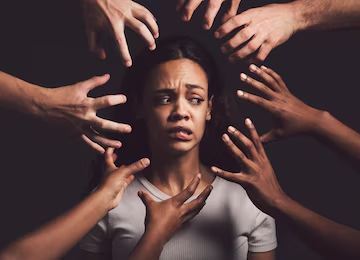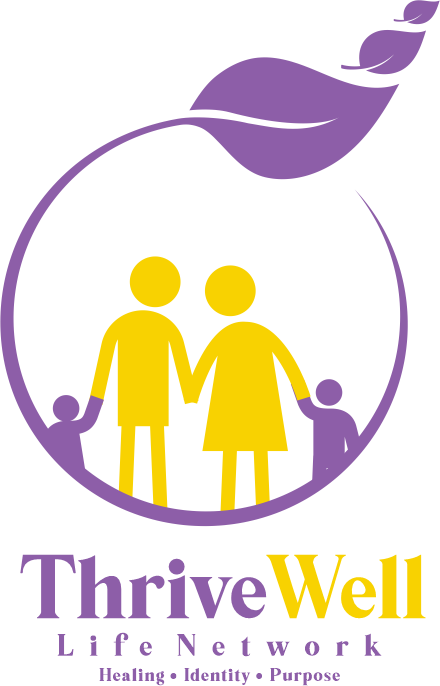When Trauma Silences You: A Journey from Fear to Healing

There are wounds that do not bleed. They sit beneath the surface—quiet, hidden, and powerful. One of the most devastating effects of trauma is not always loud or obvious. Sometimes, it whispers. Sometimes, it silences.
For a long time, I struggled with the aftermath of trauma in ways I didn’t fully understand. One of the most significant ways it affected me was in my ability to connect with others on a meaningful level. The fear of judgment, rejection, and misunderstanding loomed large. It was a constant companion—subtle but paralyzing.
This fear was not simply a personality trait or a passing feeling. It was a deeply embedded response to unhealed pain. Over time, it began to shape my interactions and responses. I found it difficult to articulate my thoughts, voice my needs, or even hold conversations that required vulnerability. My silence wasn’t the absence of thoughts; it was a learned self-protection mechanism. I kept quiet not because I had nothing to say, but because I believed my words either didn’t matter or, worse, could be weaponized against me.
The university years magnified this struggle. While others built networks, exchanged ideas, and grew in community, I found myself withdrawing. I avoided social events, group discussions, and collaborative academic projects. My silence became a shield, a way to protect myself from the perceived dangers of exposure. But that shield came with a cost.
I missed out on important learning moments, on friendships that could have enriched my journey, and on the support systems that are so vital during the developmental years of a young adult. My grades suffered. My confidence waned. From the outside, it may have looked like I was not trying hard enough. But the truth was, I was fighting a silent, invisible battle—one I didn’t know how to explain, even to myself.
It has taken time, therapy, and a deep commitment to healing to look back and understand what was really happening. I was not lazy. I was not weak. I was not broken beyond repair. I was wounded.
The symptoms of trauma—low self-esteem, fear of rejection, emotional isolation—had become part of my coping mechanisms. But they were never my identity. They were strategies for survival, developed in response to emotional pain. Trauma taught me to shrink. It taught me to become small, unseen, unheard. Healing, however, is teaching me something else: that I am allowed to take up space. I am allowed to speak. I am allowed to live fully.
Today, I speak not because I have completely conquered fear, but because I have decided fear will no longer be the author of my story. Vulnerability, once terrifying, is now becoming a source of strength. Expressing myself, though still occasionally uncomfortable, has become a doorway to freedom. Each step is imperfect, but each step is progress.
To Anyone Who Sees Themselves in This Story
If you’ve ever found it hard to walk into a room and be present…
If you’ve struggled to speak your truth or advocate for your needs…
If your silence has ever been misread as indifference when it was really fear…
You are not alone.
Your silence may be a scar, not a personality flaw. It may be your nervous system doing its best to keep you safe. But please remember this: just because trauma has influenced your past or shaped your present doesn’t mean it must define your future.
Healing is real. It’s not always fast, and it’s rarely easy, but it is possible. You can learn to trust your voice again. You can find safe spaces where you are not judged, but seen. And more importantly, you can become that safe space for yourself.
Reach out. Don’t walk this path alone. Healing is not a solo journey; it thrives in safe relationships, in trusted community, and in brave conversations.
Your healing is not just for you. It’s for the lives connected to yours—for every person who will one day find courage through your story, just as you may find strength in someone else’s today.
With love and hope,

Itunuoluwa Onifade
Family Life Therapist | Soul Recovery Coach
